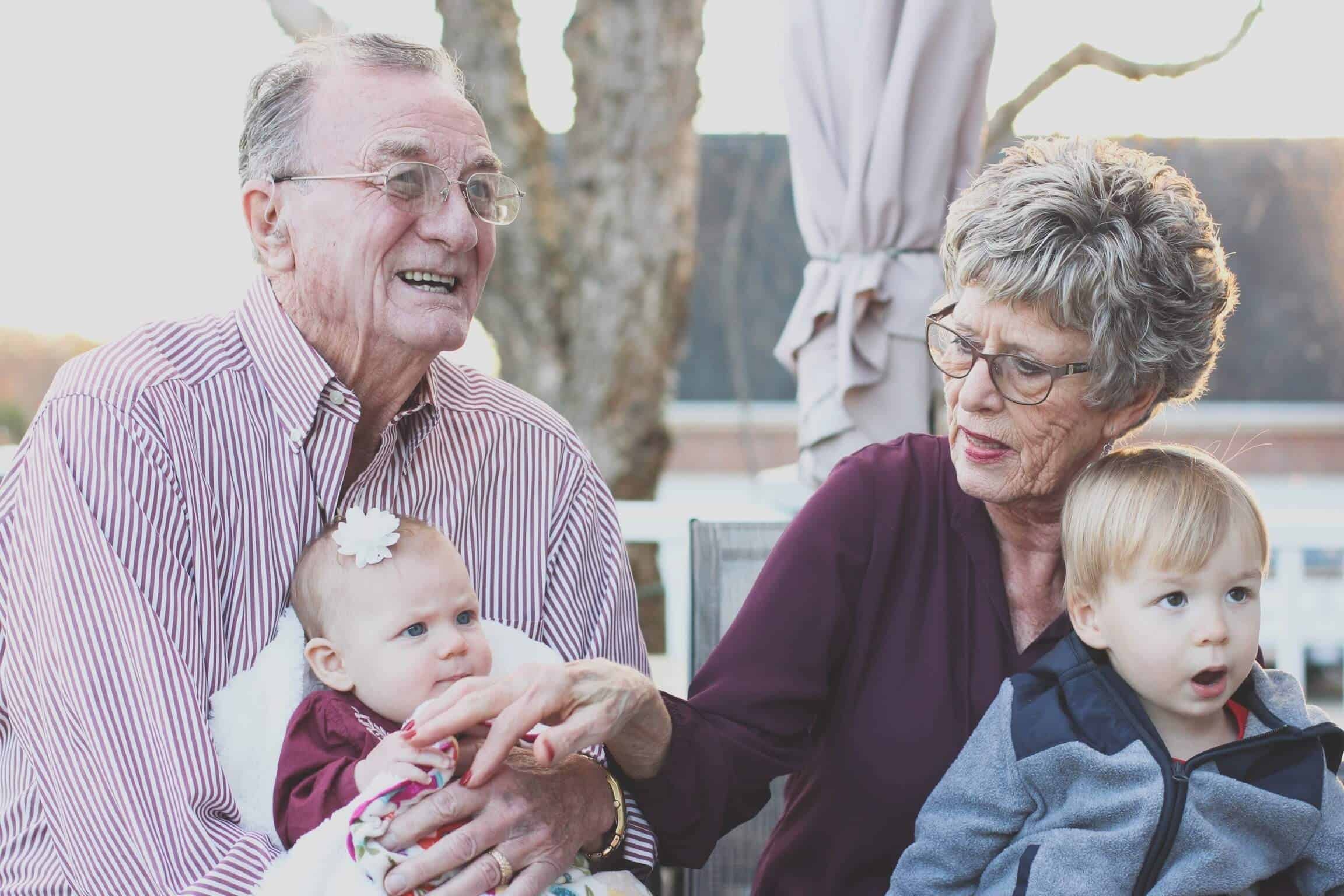-First Nations cultures hold their elderly in high regard because they are believed to hold wisdom -In this sense later life is a stage on aspires to reach as. Understand and exercise our rights and responsibilities.
In China they had a culture of promoting the taking care of the elderly by the family.
. Dykstra and Fokkema 2007. Adult children owe something to their elderly parents because their parents have done much for themAmong these could be the fact that parents brought children into existence nurtured. Parents expect their children to care for them in old age and to worship them after death civil code written for parent care.
As their oldest son he feels obligated to provide care for them out of a sense of. The answer depends on who you ask as aging around the world can look different in each country city and individual family. Societal and cultural issues may contribute to elder abuse in both developed and developing nations.
Now that he is in his 20s Frank wants to find someone to share his life with. The argument of reciprocity. In fact its the law in China and other countries including India France the Ukraine and Singapore.
Cultural expectations traditions and values shape diverse models for senior care. And ensure that our. The elderly parents lived close to the childrens residence.
The truth of the matter is that each of us has some degree of responsibility for the welfare of our older citizens and ourselves as we age. This chapter examines the multiple and evolving roles of caregivers of older adults and the impact of assuming these roles on caregivers health and well-being. The first level of responsibility rests with us as individuals.
Many Hipic households have the traditional structure of housing three generations. In the Chinese and Japanese cultures filial piety a virtue of respect for ones father elders and ancestors from Confucian philosophy is highly valued. Which culture holds families fully responsible for elder care.
Emotionally close When it comes to intergenerational relationships conflict is more likely in _____ relationships than in distant ones. While elder abuse is a global problem the incidence of elder abuse is underestimated and under reported in most countries. A popular idea of why we have obligations towards our elderly parents is that of reciprocity Blieszner and Hamon 1992.
Elder abuse can also be the cause of societal issues as inhabitants fear getting. Family caregiving is more. Elder caregiving varies by gender race and socioeconomic status and families from African American Latino Asian Native American and other groups bring their own strengths and needs to the caregiving experi- ence.
Which culture holds families fully responsible for elder care. Although these changes have affected European and North American countries first it is now increasingly affecting Asian countries also. Cultural Issues That Cause Elder Abuse.
Priya Soni founder of The Caregiving Effect support group says Indian culture played a monumental role in her 12-year caregiving journey with her father. It describes caregiver tasks the dynamic nature of caregiving over time the increasing complexity and scope of caregiver responsibilities and issues involved in surrogate decision making. Although most Americans know that the US.
Population is aging they are far less informed about the reality of providing elders with personal care health care and social support. Take care of our health. They may also be part of a continuing-care retirement community seniors apartment complex or wing of a nursing home.
The children and relatives were relied on to take care of their parents and grandparents. Age gender ethnicity and income are the four major categories of _____. In a national survey which looked only at people 70 years of age or older however 44 percent of Latinos were found to receive home-based family caregiving compared to 34 percent of blacks and 25 percent of non-Hispanic Whites Weiss et al 2005.
Hipic culture is very family oriented. The fact that Johns body can continue to function well under this stress is likely due to. Hipic culture emphasizes respect for elders and this is reflected in how their elders are treated.
Brandon has added a room to his house in anticipation of his elderly parents moving in with him. If the Elderly Rights Law is any indication Chinese parent-child relationships have become a bit complicated lately. Families-particularly women-have always been critical in providing elder care but the entry of so many women into the paid labor force has made elder care increasingly difficult.
Within Asian American African American and Hispanic American communities the idea of providing care for elders is simply a part of life. Individuals growing up in these cultures reported witnessing caregiving growing up and so it was an expected part of life. Muslims practice and expect high standards of modesty and may also be embarrassed by.
We must plan properly for old age. Hipics typically have strong family ties and are more likely to support extended family members including their elderly. Overall the elders who were disabled were well taken care in the Chinese culture.
In most western countries elder care facilities are freestanding. Due to a job loss and divorce 25-year-old John has been under an enormous amount of stress yet he still feels good physically. Frequently consulted on important family issues as a sign of respect Old age is after 60 years.
In Arab tradition family members are obligated to visit and bring gifts to hospitalized elderly persons and therefore may not wish to adhere to visitation restrictions in the hospital.

Pdf Eldercare And Work Among Informal Caregivers A Multidisciplinary Review And Recommendations For Future Research

Pdf Aging And Family Life A Decade Review

Caring For Elderly Parents The Complete Guide Focus On The Family
0 Comments